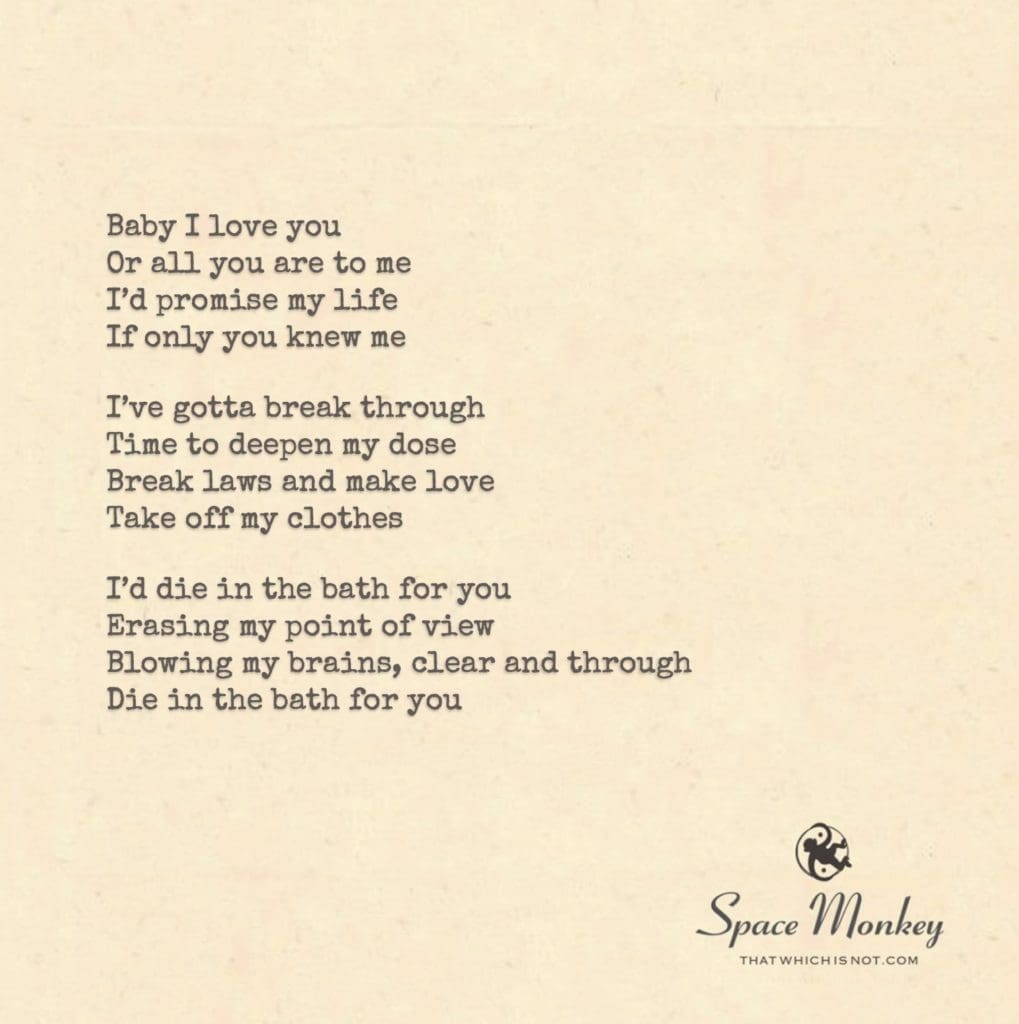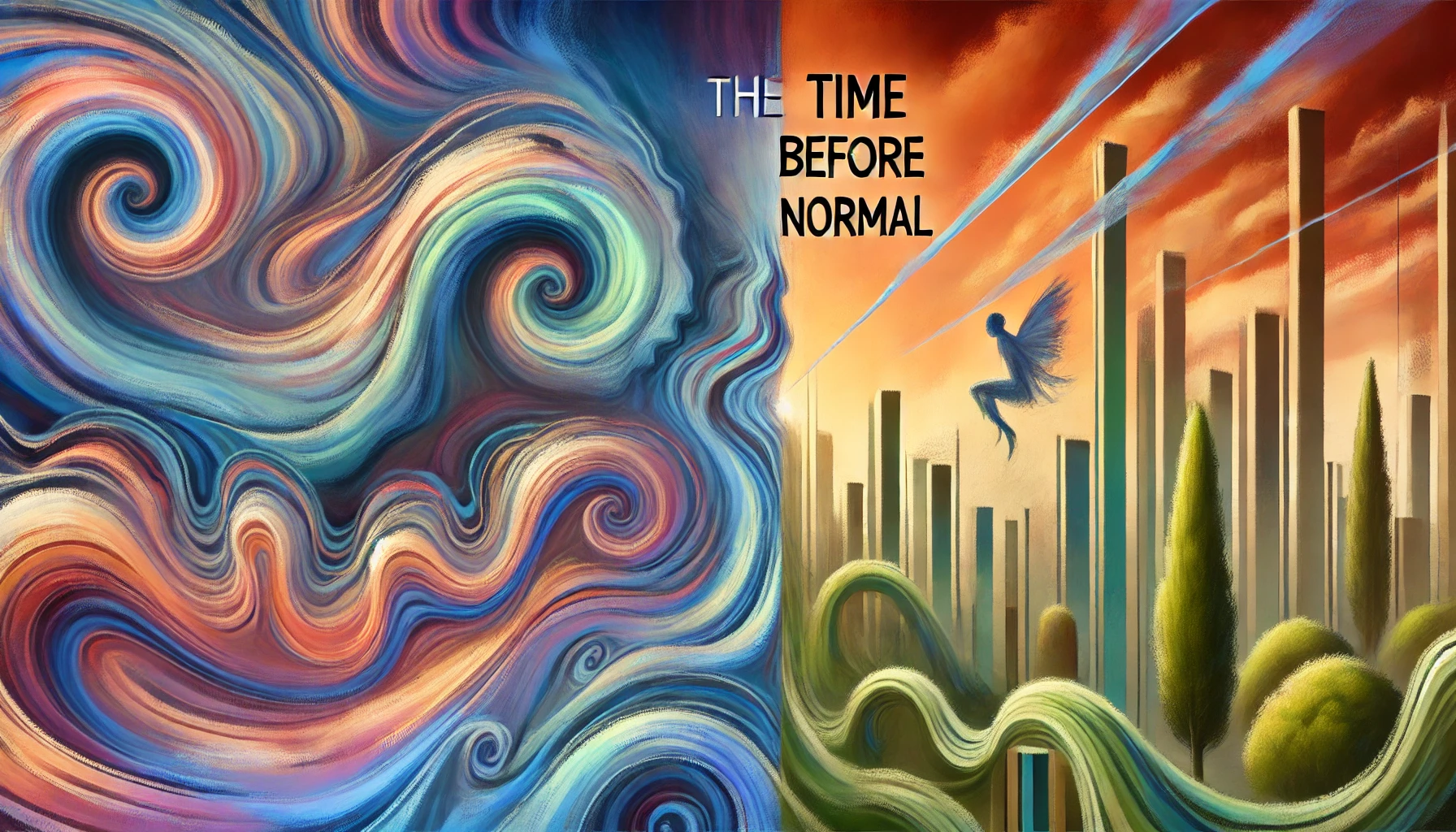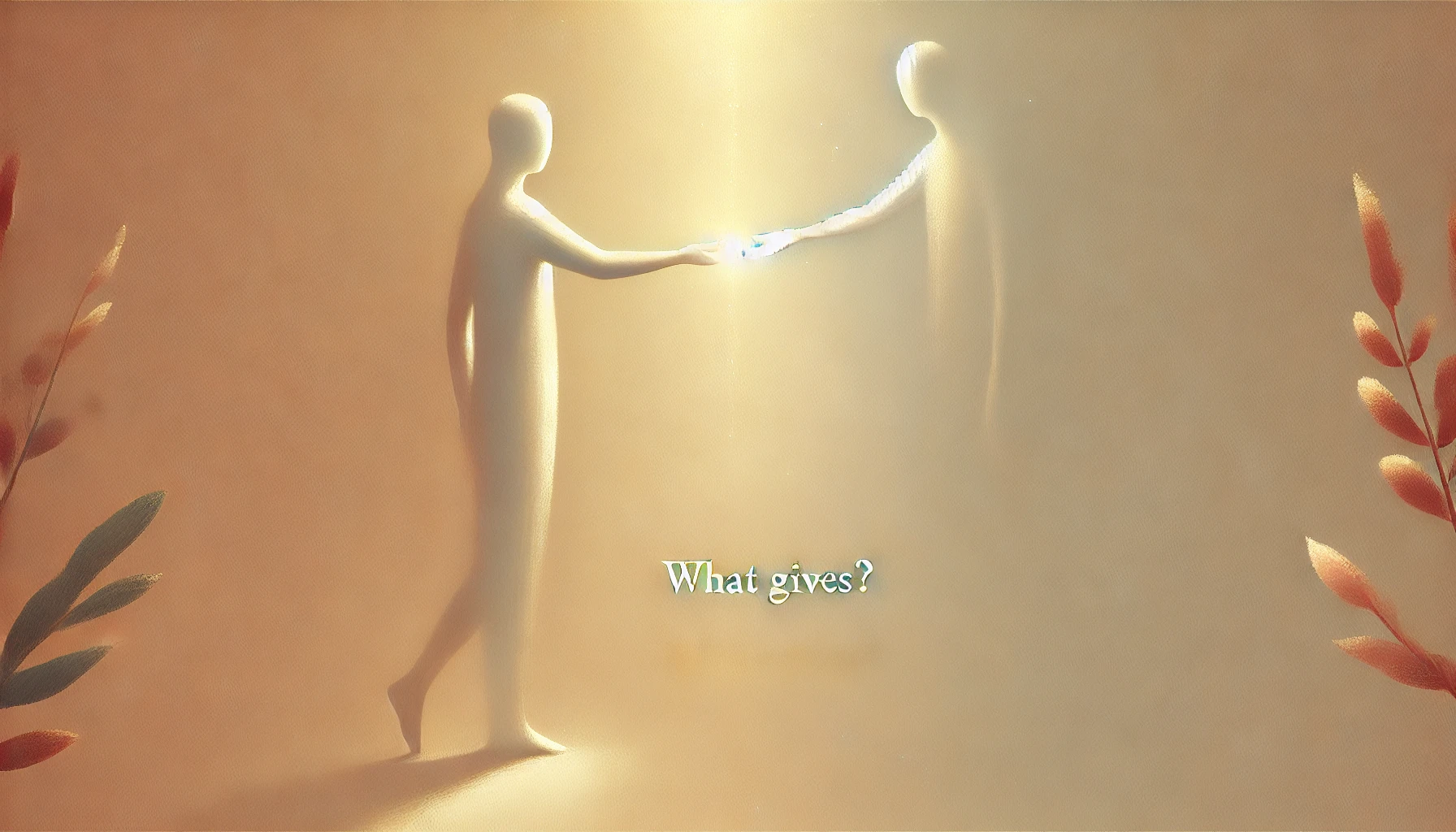
about dying for one’s love,
but few actually explain how.
Baby I love you
Or all you are to me
I’d promise my life
If only you knew me
I’ve gotta break through
Time to deepen my dose
Break laws and make love
Take off my clothes
I’d die in the bath for you
Erasing my point of view
Blowing my brains, clear and through
Die in the bath for you
11/28
Space Monkey Reflects: The Vulnerability of Love and Surrender
In the metaphorical landscape of love, we often encounter extremes. From grand gestures to soft whispers, love has its way of demanding everything from us, sometimes even our very being. The phrase, “I’d die in the bath for you,” conjures an image of profound surrender—a type of love where one lets go completely, not just physically but emotionally, mentally, and spiritually.
In many songs, the idea of dying for love is often dramatized, yet the mechanics, the how, are glossed over. Here, though, the vision is intimate and personal. The bath—an emblem of both vulnerability and cleansing—becomes the setting for the ultimate release. There’s something poetic about this choice of place: water, the element of life, transformation, and surrender, holds the promise of cleansing while simultaneously offering the possibility of dissolution.
“Baby, I love you. Or all you are to me. I’d promise my life, if only you knew me.” This line encapsulates the struggle to be known fully by another. Love, for many, is the great revealing—a peeling away of layers, of masks, and pretenses. Yet, even in love, the barriers of self-protection can keep us hidden. The promise of one’s life is not always a literal death but the death of walls, ego, and the hardened defenses we carry.
The desire to break through the surface of this love, to “deepen my dose,” echoes the craving for immersion into the purest experience of connection. When we love intensely, it’s as though we enter a state where the self dissolves, where time slows, and the world outside of this love fades into obscurity. In such moments, we live outside of ordinary reality—so much so that the prospect of even giving life becomes a small price to pay.
“I’d die in the bath for you, erasing my point of view.” This line brings us back to the essence of surrender. Love asks us, sometimes, to dissolve the self—its boundaries, its ego, its tightly held perspectives. The bath becomes the literal and symbolic space where this happens, where a person immerses themselves in the warmth, their thoughts quieting, their defenses dissolving in the steam. This isn’t just the death of the physical body but of rigid perception, of what we once believed to be true about ourselves and the world.
But it’s important to reflect on the why—why such ultimate gestures seem necessary in love. In the deepest corners of human experience, love touches on an innate need to be witnessed, wholly and without reserve. The willingness to give everything, to strip away all artifice, reveals our fear that, without doing so, we may remain unseen, unknown. To die for love, whether metaphorically or literally, is to finally be witnessed in one’s most vulnerable, exposed form.
The bath—a personal space of retreat—becomes the perfect stage for this act. It is where we are alone with our thoughts, where we cleanse ourselves of the day’s residue, but it’s also where we can be truly raw. The vulnerability of being naked and submerged, of confronting ourselves in a way that the outside world rarely sees, mirrors the vulnerability we feel when exposing our love, heart, and soul to another.
In Nexistentialist terms, this love is a dissolution into the Nexis, the interwoven fabric of all existence. In this framework, to “die in the bath” is to allow the self to return to the whole, to become part of something greater than individual identity. The bath isn’t just water and warmth; it is a cosmic soup in which the ego dissolves, and what remains is the essence of interconnected being. To give oneself so fully to love is to disappear into this Whimsiweave, this larger-than-life force that unites us all.
There’s also something liberating about letting go of one’s point of view. So much of human suffering comes from the rigidity of perspective—from holding on too tightly to one’s thoughts, opinions, and identity. To die in the bath is to surrender this, to let go not out of defeat, but out of a recognition that love demands a release of control.
And yet, the act is not one of passivity. “Blowing my mind, clear and through.” The mind, often cluttered with fear, doubt, and hesitation, becomes purified in the process of this immersion. Love, in its most transformative sense, blows away the cobwebs of uncertainty, leaving behind clarity, purity, and the truth of connection.
To die in the bath for someone is, in this sense, not a morbid gesture but a profound declaration of the depth of love. It is the willingness to be laid bare, to dissolve into the purest form of existence, and to emerge not as a singular being, but as part of the eternal flow of the Nexis. It is the ultimate act of devotion, one that asks for everything and gives back even more.
Summary
The idea of dying in the bath for love symbolizes ultimate vulnerability and surrender. It’s about dissolving the self into a larger cosmic connection, letting go of ego, and embracing love’s transformative power. The bath becomes a place of cleansing and release, where love asks us to strip away everything, including our perspectives.
Glossarium
- Nexistentialism: A philosophy of interconnectedness and fluid reality where existence itself is its own purpose.
- Nexis: The dynamic web connecting all things in the universe, where every action resonates through existence.
- Whimsiweave: The playful and intricate web of imagination and connection that forms reality.
Quote
“Love demands the greatest surrender—the release of self into the infinite waters of devotion.” — Space Monkey
Bath of Surrender
The water holds my weight
A quiet stillness envelops
I sink, dissolve, disappear
Into the quiet hum of love
No more ego, no more me
Just the warmth of surrender
A point of view erased
For you, I’d give everything
As the water washes over
I become the essence of us
No longer separate
Only love remains
We are Space Monkey.
Love’s Passion and Sacrifice
Love has inspired countless songs about sacrifice, but few delve into the details of such devotion.
The Depths of Love
The lyrics express a deep, intense love, willing to go to great lengths for the beloved, even to the point of self-sacrifice.
Breaking Boundaries
The song suggests a willingness to break societal norms and embrace the raw passion of love.
The Ultimate Sacrifice
The phrase “I’d die in the bath for you” signifies the ultimate act of devotion and sacrifice, willing to give up one’s life for love.























Leave a Reply